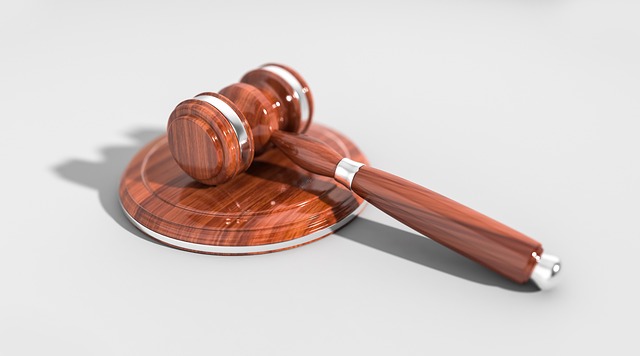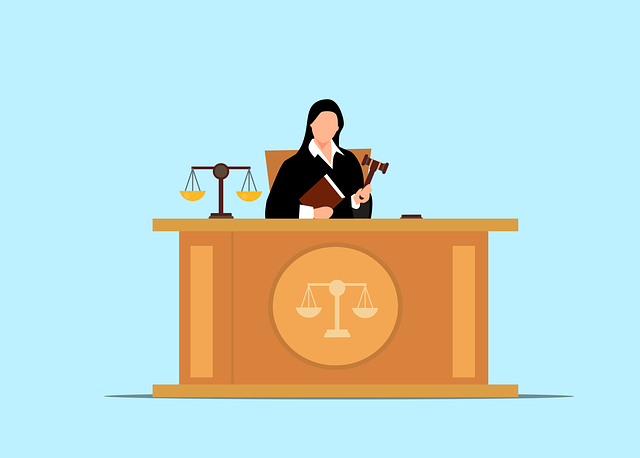Criminal law, globally, aims to protect society by punishing harmful conduct through deterrence, fairness, and rehabilitation. Recent trends driven by technology include advanced data analytics, artificial intelligence for efficient legal processes, and restorative justice practices. Digital age innovations like digital forensics, remote surveillance, and online monitoring have reshaped criminal law enforcement while raising privacy concerns. Ensuring fair trials involves protecting accused persons' rights, such as the right to remain silent, legal counsel, and a swift trial by an impartial jury, balancing justice with procedural integrity.
Delve into the captivating world of criminal law, where justice meets legal intricacies. This comprehensive article explores fundamental principles that underpin our understanding of crime and punishment. From recent developments in criminal justice to the evolving role of technology in investigations, we uncover its impact on both victims and accused persons. Additionally, discover the vital legal protections ensuring fair trials and the rights of those facing criminal charges. Stay informed about the ever-changing landscape of criminal law.
- Understanding Criminal Law: Definition and Key Principles
- Recent Developments and Trends in Criminal Justice
- The Impact of Technology on Criminal Investigations and Prosecutions
- Rights of Accused Persons: Legal Protections and Fair Trials
Understanding Criminal Law: Definition and Key Principles

Criminal law, a cornerstone of legal systems worldwide, defines and punishes crimes, ensuring societal order and justice. It encompasses a set of rules and regulations designed to protect individuals and communities from harmful acts. At its core, criminal law aims to deter potential offenders by imposing penalties on those who violate established norms.
The key principles guiding criminal law include the notions of guilt or innocence, proportional punishment, and due process. The presumption of innocence is a fundamental concept, requiring prosecutors to prove beyond a reasonable doubt that an accused person is guilty of a crime. Additionally, criminal law emphasizes the idea of fairness, ensuring that penalties are proportionate to the severity of the offense and that individuals receive a transparent and just trial.
Recent Developments and Trends in Criminal Justice

In recent years, the landscape of criminal justice has witnessed several notable developments and trends shaping the administration of criminal law. One prominent shift is the increasing adoption of technology to enhance procedural efficiency and fairness. Advanced data analytics and artificial intelligence are being leveraged to streamline investigations, predict sentencing outcomes, and even assist in witness identification, promising a more precise and impartial legal system.
Additionally, there’s a growing emphasis on restorative justice practices, which focus on rehabilitation and reconciliation rather than solely on punishment. This approach prioritizes victim participation and community involvement, aiming to break the cycle of violence and reduce recidivism rates. Such trends reflect a broader move towards a more holistic understanding of criminal law that balances retribution, deterrence, and rehabilitation.
The Impact of Technology on Criminal Investigations and Prosecutions

In today’s digital era, technology has profoundly transformed the landscape of criminal law. From initial investigations to final prosecutions, innovative tools and methods have revolutionized how law enforcement agencies gather evidence and prosecute crimes. For instance, advanced data analytics now play a crucial role in identifying patterns and connections between potential suspects, enhancing the efficiency and accuracy of inquiries. Digital forensics experts can extract valuable information from electronic devices, such as smartphones and computers, providing critical insights that may have been previously inaccessible.
Moreover, technology facilitates seamless communication among various stakeholders in the criminal justice system. Secure digital platforms enable prosecutors, judges, and law enforcement to share data and collaborate more effectively, ensuring a faster and more informed decision-making process. Additionally, remote surveillance techniques and online monitoring systems have expanded investigative capabilities, allowing authorities to track down criminals operating in the cyber realm. These technological advancements not only strengthen criminal law enforcement but also raise important discussions about privacy rights and ethical considerations in the digital age.
Rights of Accused Persons: Legal Protections and Fair Trials

In any criminal law context, understanding the rights of accused persons is paramount for ensuring fair trials and upholding justice. Accused individuals are entitled to a myriad of legal protections designed to safeguard their due process rights. This includes the right to remain silent, guaranteeing them against self-incrimination; the right to legal counsel, ensuring access to a competent attorney for defense; and the right to a swift trial by an impartial jury, protecting against unreasonable delays.
These protections are crucial in navigating the criminal justice system. They prevent arbitrary arrests and detentions, ensure that evidence is collected and used properly, and guarantee a fair and impartial decision-making process. By adhering to these legal safeguards, the system strives to maintain balance, preserving both the rights of the accused and the integrity of the law.
In conclusion, exploring the intricate world of criminal law reveals a dynamic field constantly evolving with technological advancements and societal changes. From defining key principles to navigating digital investigations, understanding these aspects is vital for both legal professionals and the public at large. Staying informed about recent developments ensures we can foster a more just and fair criminal justice system, safeguarding rights while embracing technological progress in the realm of criminal law.
